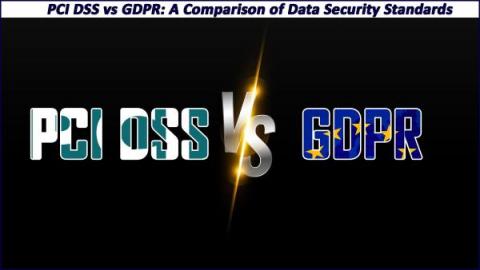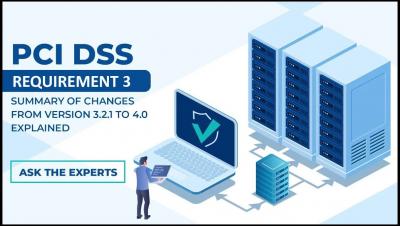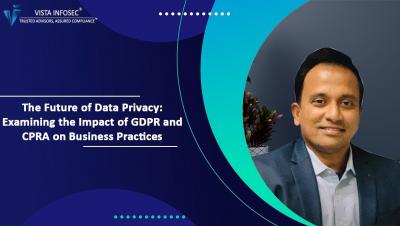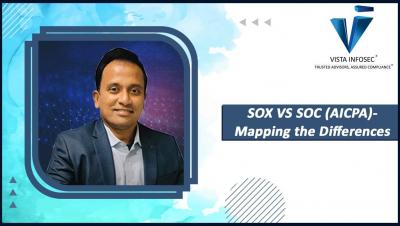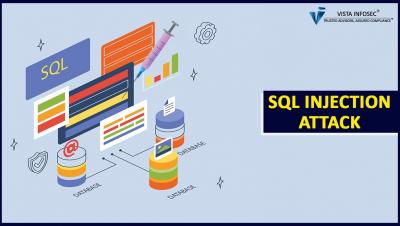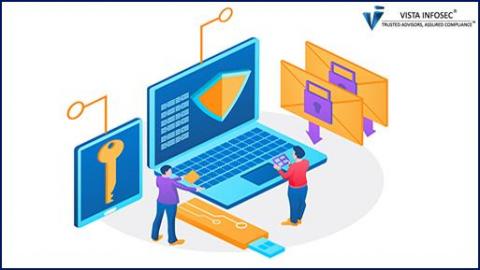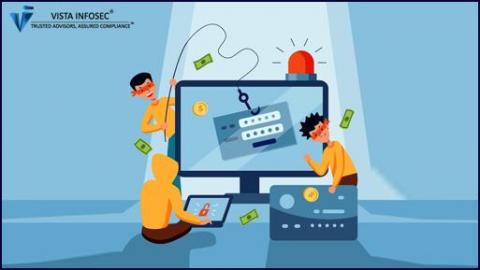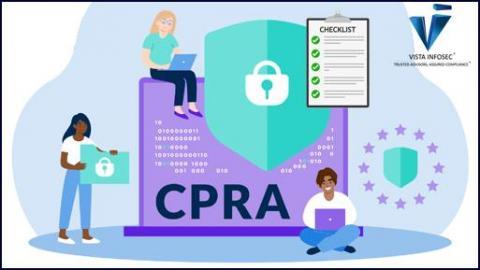PCI DSS vs GDPR: A Comparison of Data Security Standards
Since the onset of the pandemic in 2020, global concern for data security and privacy has skyrocketed like a dazzling display of fireworks on New Year’s Eve. With an ever-increasing number of people utilizing online services and sharing their personal information on websites to engage in e-commerce transactions, the infrastructure for collecting and safeguarding consumer data has become of paramount importance.


